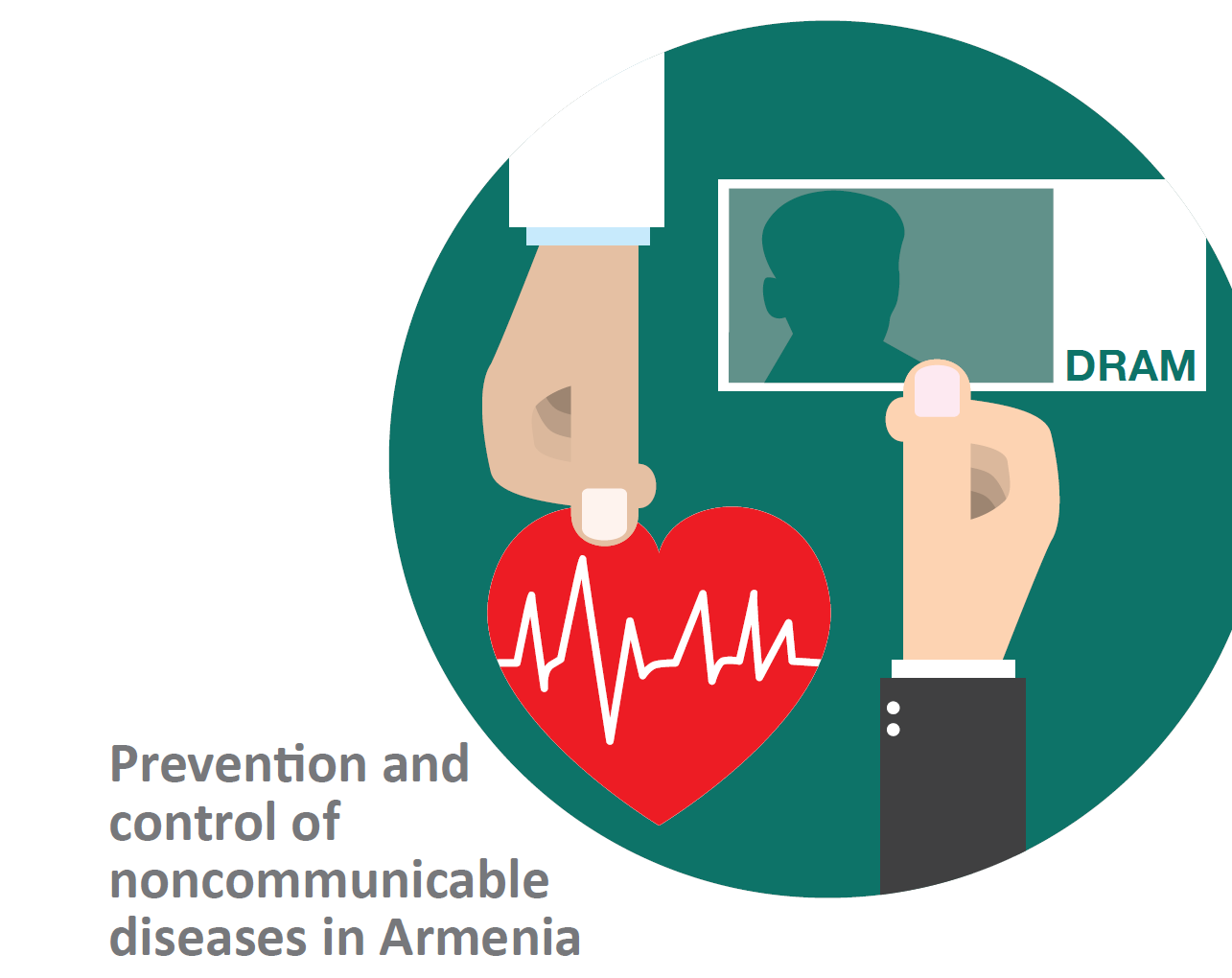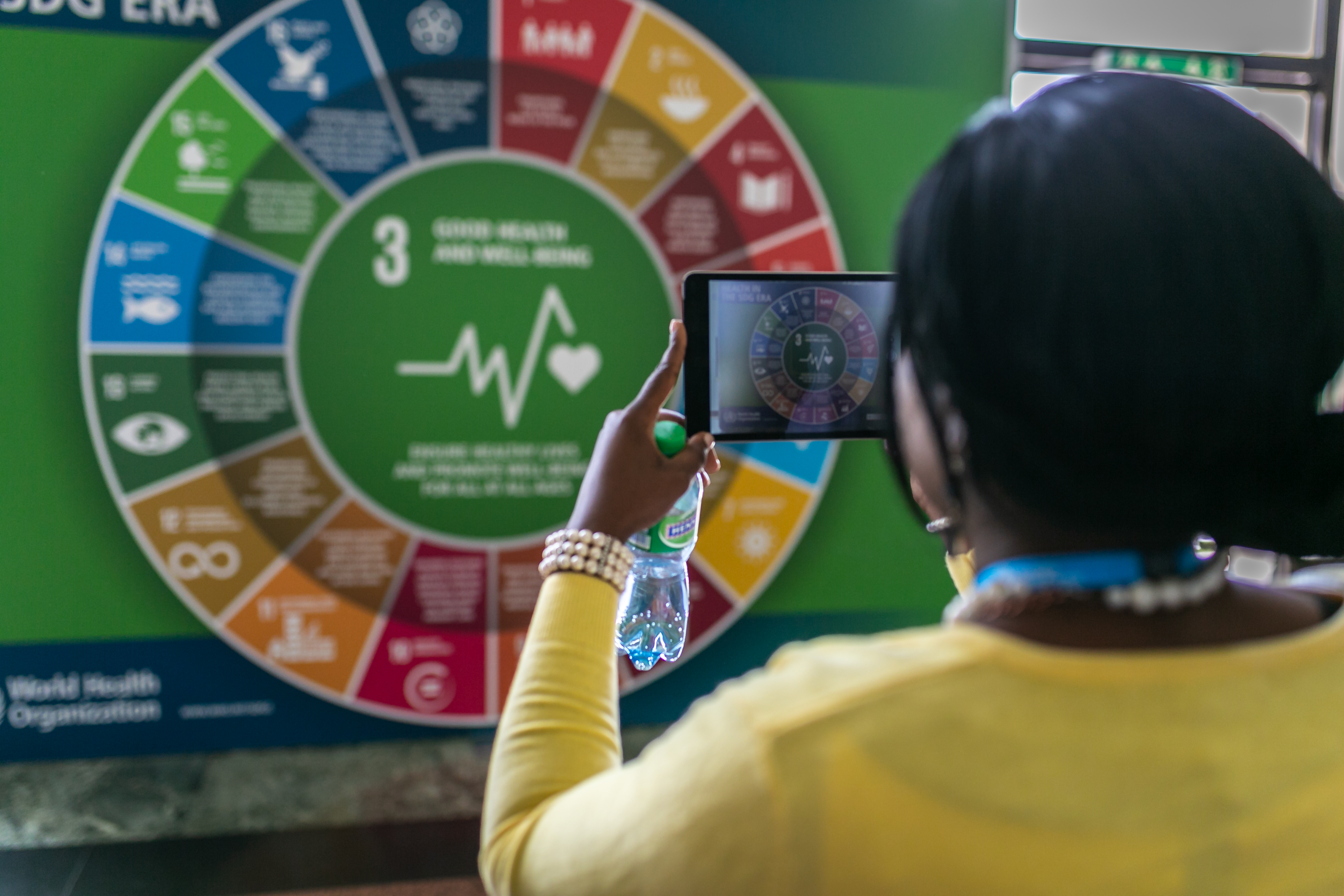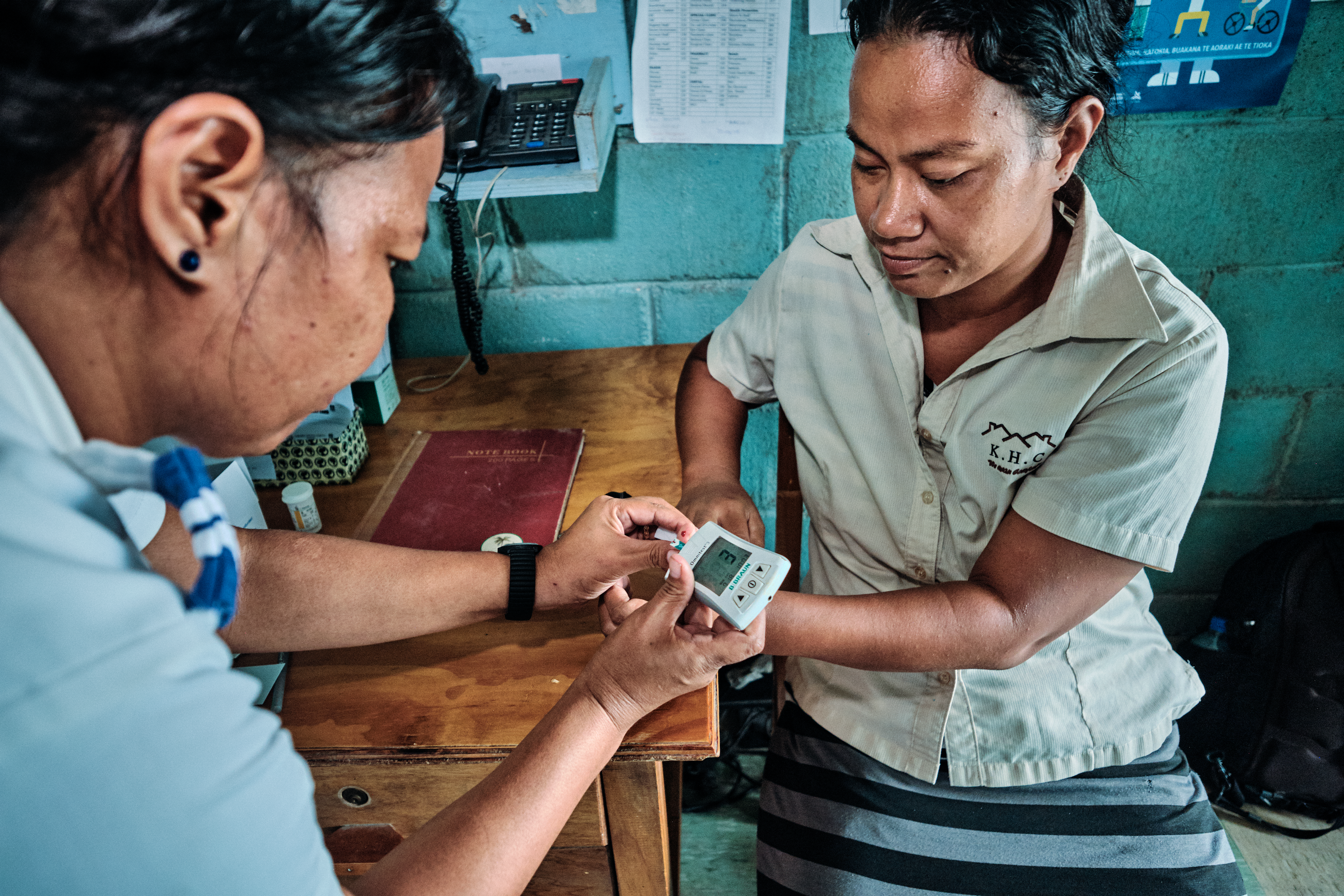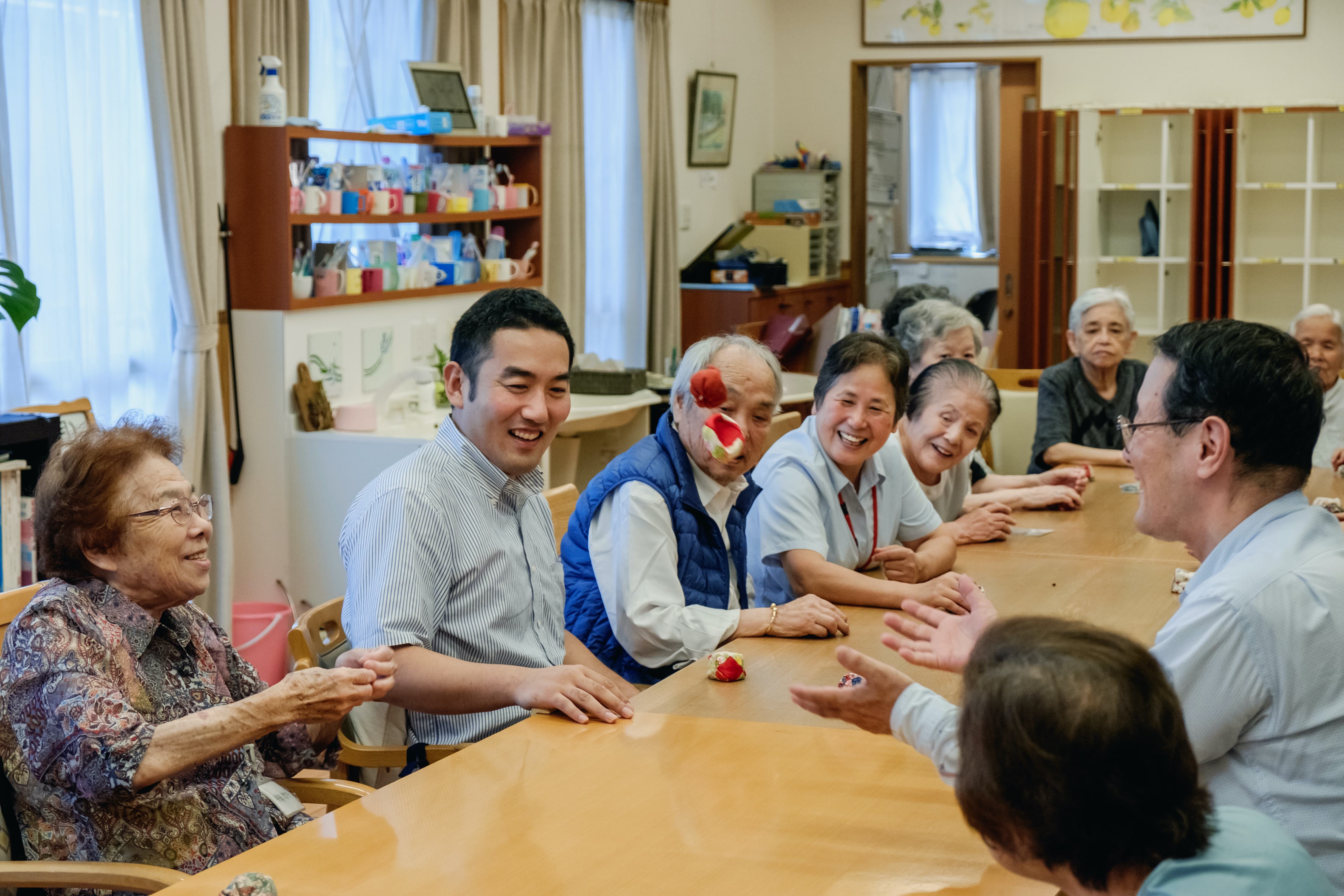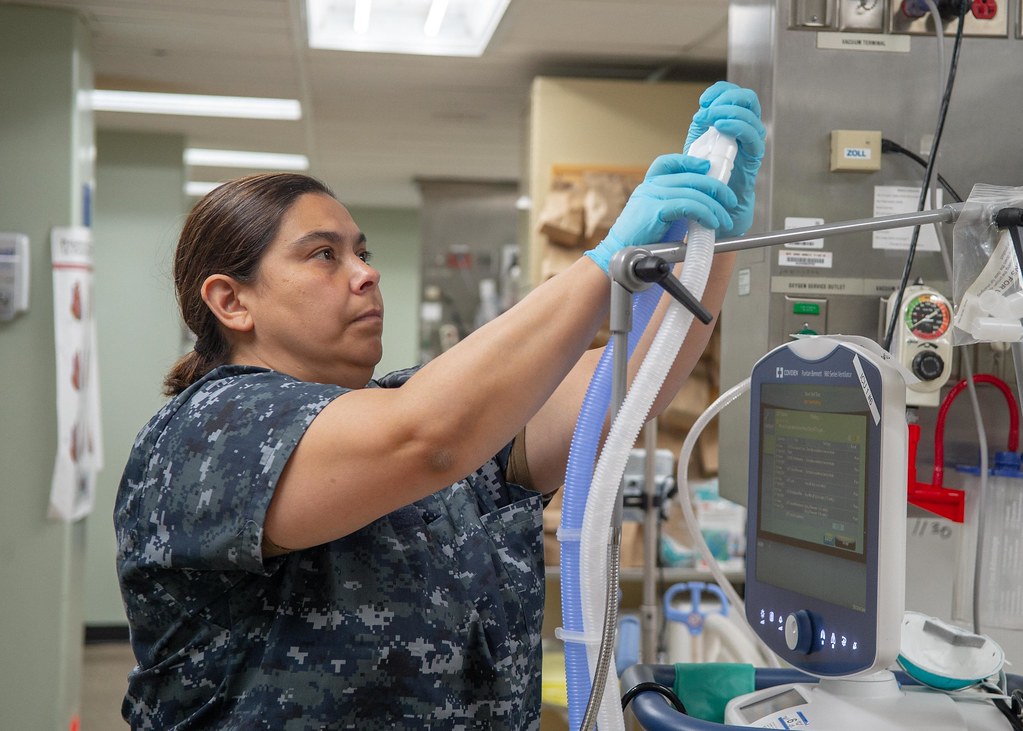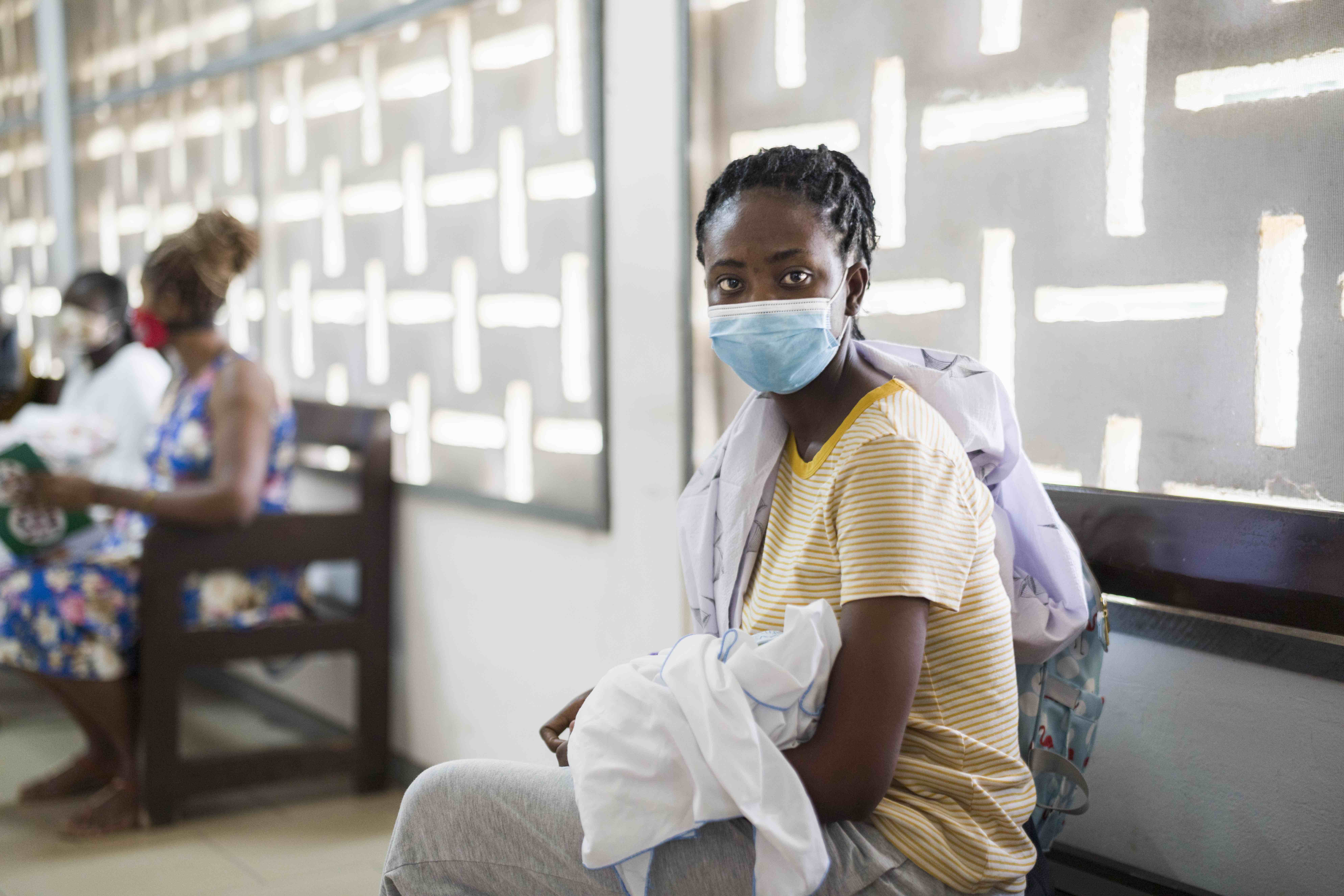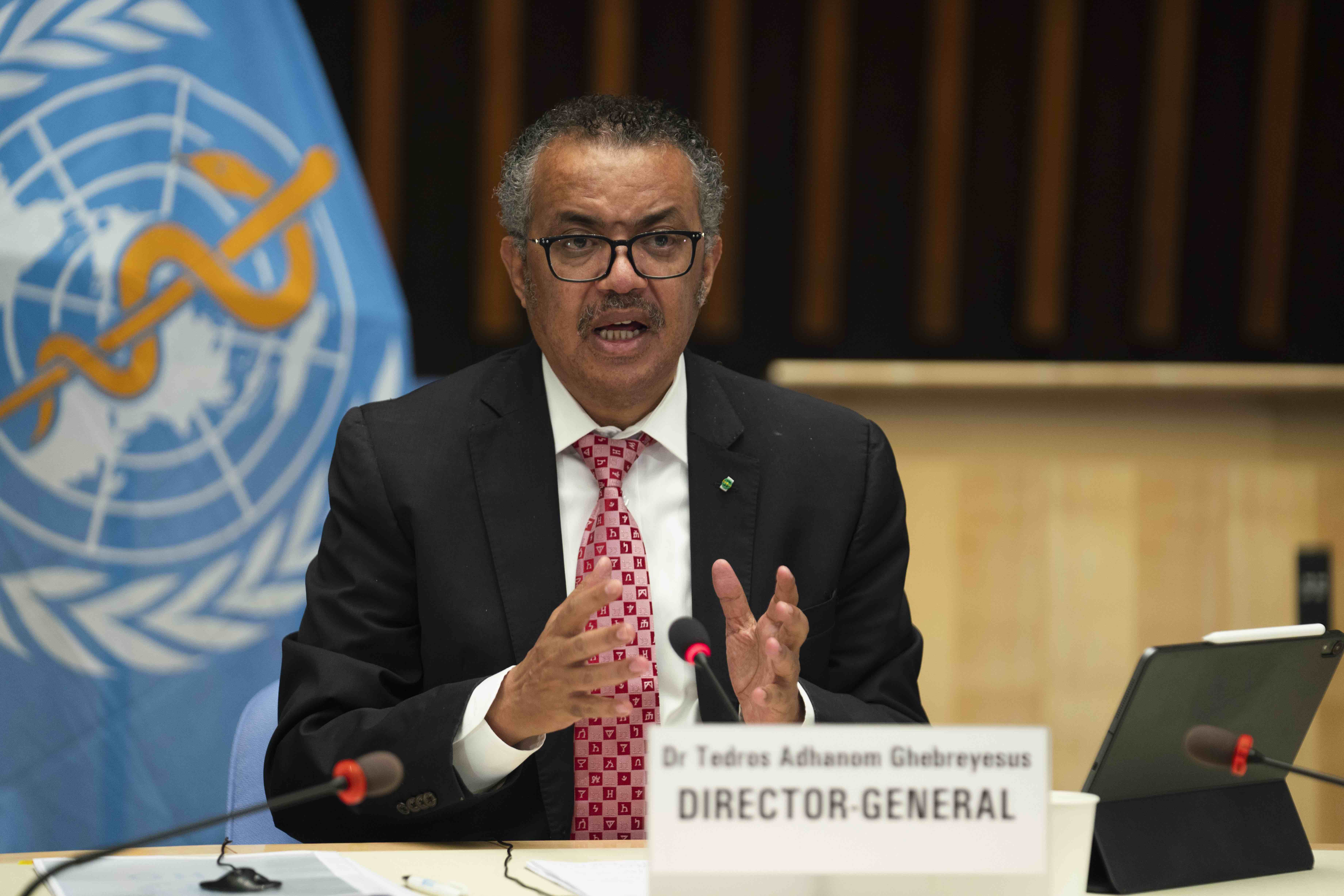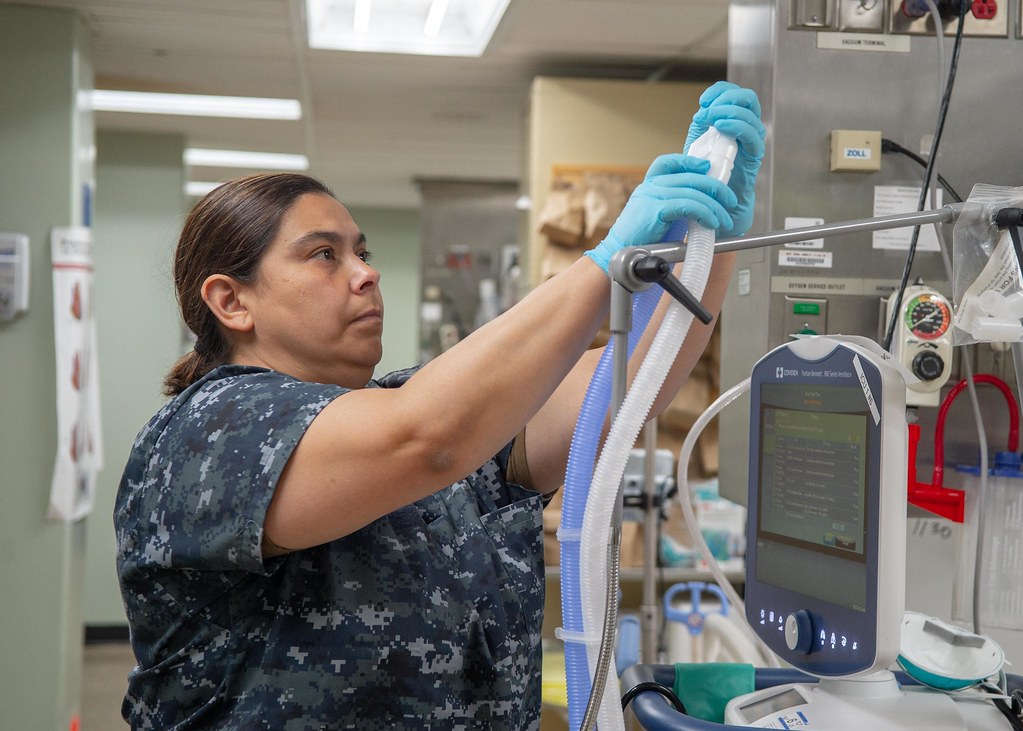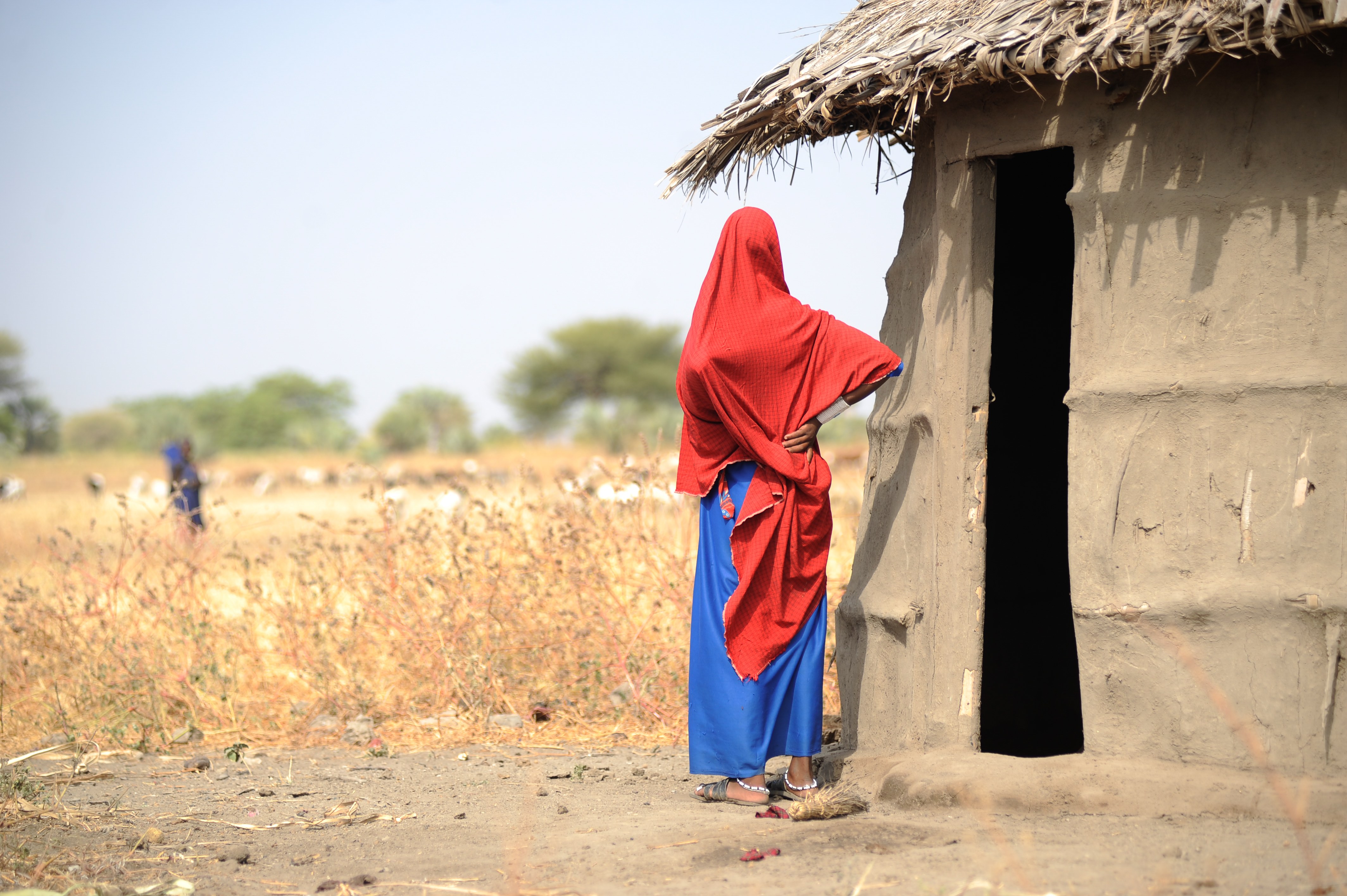WHO REgional Office for Europe, UNDP, UNIATIF
Prevention and Control of Noncommunicable Diseases in Armenia: The Case for Investment
Report
18 Jun 2019
This economic analysis makes the case for investing in the prevention and control of noncommunicable diseases (NCDs) in Armenia. Through three comprehensive analyses—economic burden, intervention costing, and return on investment—the report demon...

